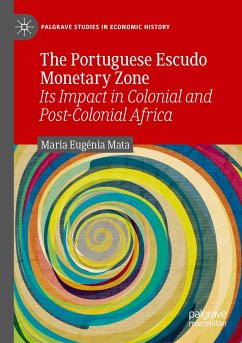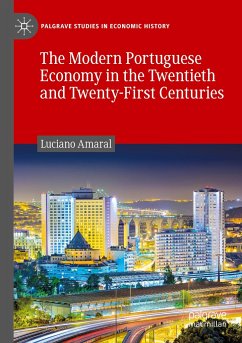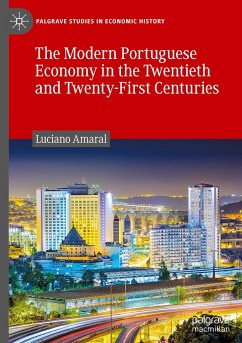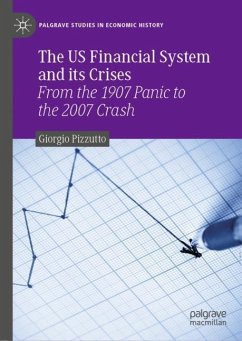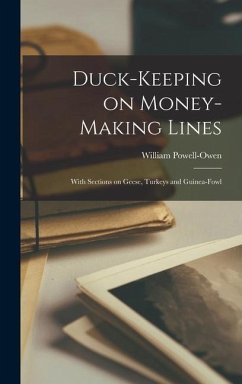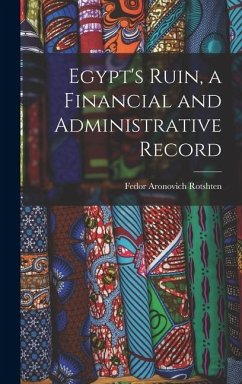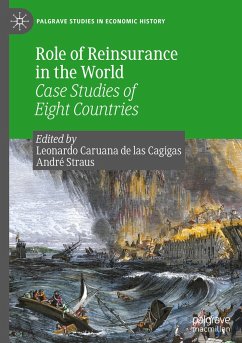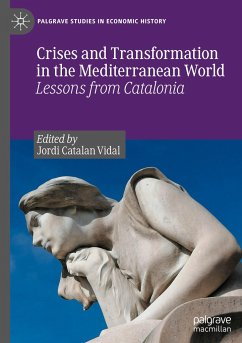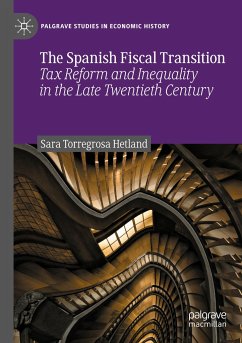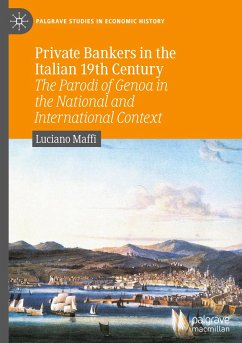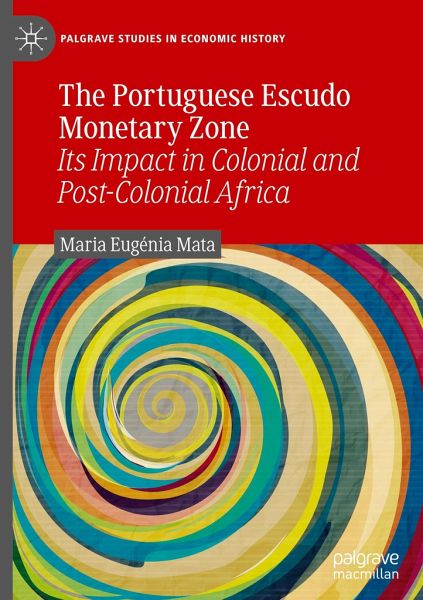
The Portuguese Escudo Monetary Zone
Its Impact in Colonial and Post-Colonial Africa
Versandkostenfrei!
Versandfertig in 6-10 Tagen
76,99 €
inkl. MwSt.
Weitere Ausgaben:

PAYBACK Punkte
38 °P sammeln!
This monograph examines the failure of the Portuguese Escudo Monetary Zone and the birth of new monetary and financial systems in Portuguese-speaking African countries. Examining colonial and post-colonial times, Mata analyses the decision to build a Portuguese monetary area in the early 1960s and mid-1970s when the decolonisation process was peaking.
This book offers some important lessons regarding the functioning and dismantling of monetary areas, and on the importance of central-banks' co-operation.
This book offers some important lessons regarding the functioning and dismantling of monetary areas, and on the importance of central-banks' co-operation.





